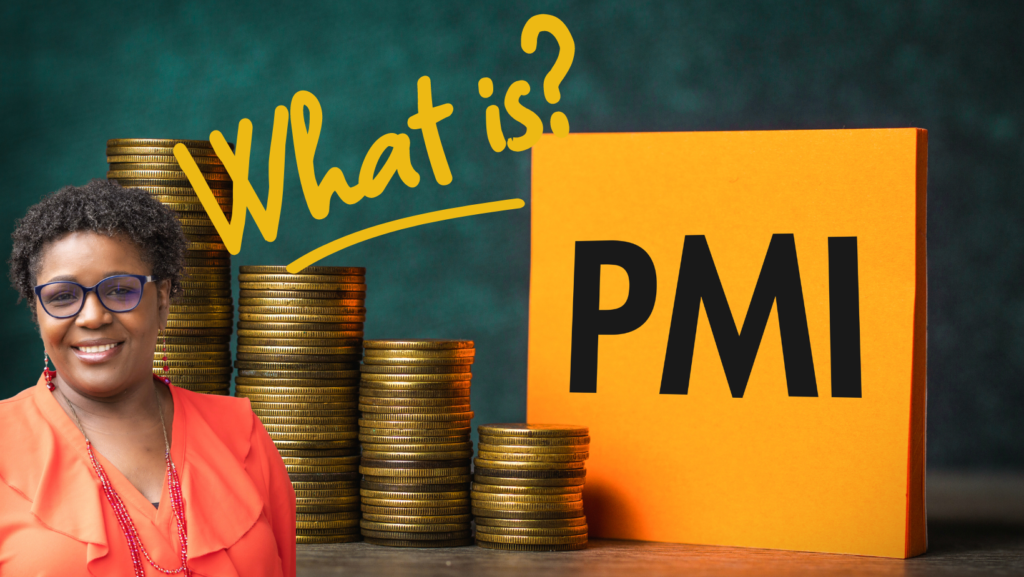Private Mortgage Insurance (PMI) is a type of insurance that is often required by lenders when a homebuyer makes a down payment of less than 20% of the home’s purchase price. It is designed to protect the lender in case the borrower defaults on the mortgage.
When a borrower puts down less than 20% of the home’s purchase price as a down payment, the loan is considered to have a higher loan-to-value (LTV) ratio. A higher LTV ratio represents a higher risk for the lender, as the borrower has less equity in the property, making it more likely that the lender would lose money if the borrower defaults on the loan.
To mitigate this risk, lenders typically require borrowers to purchase Private Mortgage Insurance. PMI premiums are paid by the borrower and provide financial protection to the lender if the borrower stops making mortgage payments and goes into foreclosure. It does not protect the borrower in any way; it only benefits the lender.
The cost of PMI varies based on factors such as the borrower’s credit score, the size of the down payment, and the loan-to-value ratio. PMI can be paid as a monthly premium or as a one-time upfront premium, depending on the lender’s policies. In some cases, borrowers may be able to request the cancellation of PMI once they have built enough equity in their home, usually when the loan-to-value ratio reaches 80% or less

